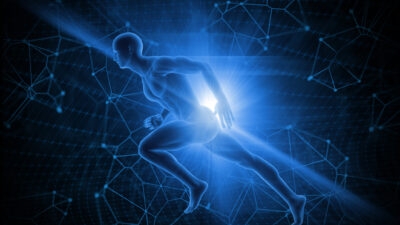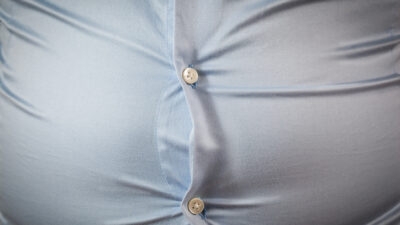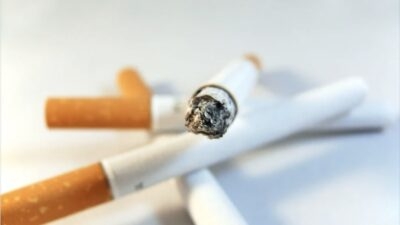Staying sober this October

What is Sober October?
It’s been a difficult couple of years with the pandemic and lockdowns. Along with facing new challenges, like working from home or not being able to see loved ones, you may have also be feeling bored, lonely or anxious. If you’ve turned to alcohol to help manage some of those feelings, you’re also not alone.
While there’s nothing wrong with having the occasional glass of wine, regularly drinking in excess of recommended guidelines (one drink a day for women, two a day for men) can take a toll on your mental and physical health. If you’re looking for a reason to cut back, joining the Sober October challenge might be the perfect motivator.
Sober October encourages people to go booze-free and to stop drinking in October to raise money for Macmillan Cancer Support, which needs your support now more than ever. It started as a fundraising campaign for Macmillan Cancer Support in the UK, “Go Sober for October” but has now become a collective trend among people worldwide.
If you’ve ever tried a Dry January, Sober October is pretty much the same, you don’t drink for the month. This month is Sober October and not drinking alcohol for a month or even a few weeks, offers all sorts of health benefits.
We do advise heavy drinkers or people dependent on alcohol to speak with their GP before signing up to Sober October.
Why is drinking alcohol often bad?
Drinking to excess puts stress on your internal organs, affects your quality of sleep, your skin, your energy levels and can often cause anxiety.
- Alcohol is high in calories and sugar. If you drink every day for a month the impact on your waistline will be visible. Excess weight gain can lead to diabetes and high blood pressure
- Drinking long-term can increase the risk of cancer of the liver, mouth, throat, voice box, oesophagus, colon, and rectum. Even a few drinks a week is linked with an increased risk of breast cancer in women
- The absorption of vitamin B12 from food can be affected by alcohol. Signs of a deficiency include feeling tired, breathlessness, headaches, pale skin and heart palpitations. A lack of vitamin B12 can lead to a build-up of a compound called homocysteine, which in the long term could lead to heart attack and stroke
- Heavy drinking can cause high blood pressure, an irregular heartbeat and in very severe cases, sudden death from heart failure
- Alcohol is a diuretic, which causes the kidneys to produce more urine. This alone or with vomiting can lead to dehydration and dangerously low levels of sodium, potassium, and other minerals and salts
- Just one single session of heavy alcohol use can lead to dangerously low blood sugar, so more than that can put huge pressure on the pancreas
- Being intoxicated increases the chance of having unsafe sex, which can lead to sexually transmitted infections (STIs) or an unplanned pregnancy
- Alcohol can disrupt your sleep pattern meaning you spend less time in more restful deep sleep. We need sleep for our mental health as well as our physical health. A lack of sleep affects our workday and personal relationships
What should I be drinking?
It’s recommended to drink no more than 14 units of alcohol a week. This should be spread across 3 days or more. There is no completely safe level of drinking, but staying within these guidelines lowers your risk of damaging your health.
As a guide:
- Single small shot of spirits (25ml, ABV 40%) – 1 unit
- Alcopop (275ml, ABV 5.5%) – 1.5 units
- Small glass of red/white/rosé wine (125ml, ABV 12%) – 1.5 units
- Bottle of lager/beer/cider (330ml, ABV 5%) – 1.7 units
- Can of lager/beer/cider (440ml, ABV 5.5%) – 2 units
- Pint of lower-strength lager/beer/cider (ABV 3.6%) – 2 units
- Standard glass of red/white/rosé wine (175ml, ABV 12%) – 2.1 units
- Pint of higher-strength lager/beer/cider (ABV 5.2%) – 3 units
- Large glass of red/white/rosé wine (250ml, ABV 12%) – 3 units
How can I cut down on my drinking?
Alcohol withdrawal includes both physical and psychological symptoms, especially if you drink a lot and often. These cravings can include hand tremors, sweating, anxiety and insomnia. Here are some top tips to get you through Sober October:
- Exercise – it is easier to lose extra pounds if you give up the booze
- Plan some fun activities
- Eat well
- Get better sleep
- Don’t drink too much caffeine
- Alcohol-free alternatives – mineral water, mocktails, alcohol-free beer or alcohol-free spirits
The first 4/5 days are the worst but after seven days symptoms should subside
Do I have a drinking problem?
You may have a drinking problem if:
- You are drinking daily
- You think about drinking more often
- Your drinking is causing issues such as anger, aggression or violent outbursts
- It is affecting your moods, work or relationships
- You are drinking more often
- Your drinking is causing health issues
What are the benefits of not drinking?
- Better sleep, which will help improve your mental and physical health
- Weight loss – alcoholic drinks are high in calories and regularly adding lots of extra calories on top of your recommended daily intake can make it difficult to maintain or lose weight
- Save money – Giving up drinking at social events can also save you money. You may spend less when cutting back on alcohol intake
- With a clearer head, clearer skin and free from hangovers, you’ll feel much healthier
The NHS has lots of information on how to stop alcohol about where to get help
Sources
Medical Disclaimer
NowPatient has taken all reasonable steps to ensure that all material is factually accurate, complete, and current. However, the knowledge and experience of a qualified healthcare professional should always be sought after instead of using the information in this page. Before taking any drug, you should always speak to your doctor or another qualified healthcare provider.
The information provided here about medications is subject to change and is not meant to include all uses, precautions, warnings, directions, drug interactions, allergic reactions, or negative effects. The absence of warnings or other information for a particular medication does not imply that the medication or medication combination is appropriate for all patients or for all possible purposes.
Related Articles
What is NowPatient
Telehealth and Online Pharmacy
NowPatient is a licensed online pharmacy and doctor service that is available around the world. Our service is FREE and packed with valuable features that can benefit your health such as medication reminders, educational blogs, medically approved symptoms checker, UK NHS online pharmacy, private treatment plans, Rx Advantage card, health conditions information, affordable medications options, genetic testing, home test kits, health risks, pollen meter, air quality monitor, weight loss plans, drug savings programs and lots more!
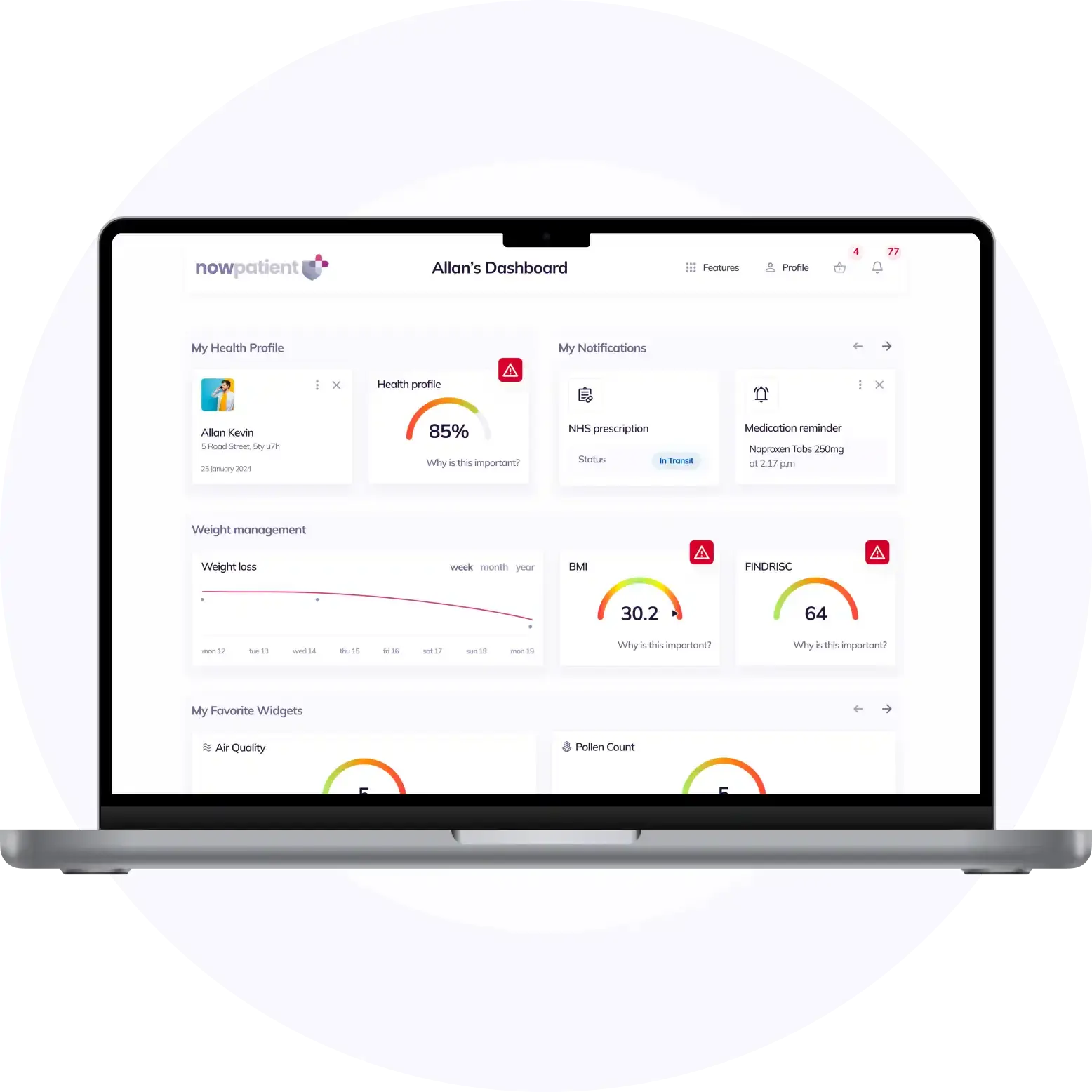
WHY WE BUILT NOWPATIENT
To improve the lives of everyone by making high-quality care accessible and convenient
We are here to improve lives. Our service gives you access to smart features and resources that can help empower you to take control of your health and improve your health outcomes. All this, in one place, for FREE. We strive to bring a fresh perspective to managing health. NowPatient can be accessed by downloading the App or using your web browser.
Download our app today
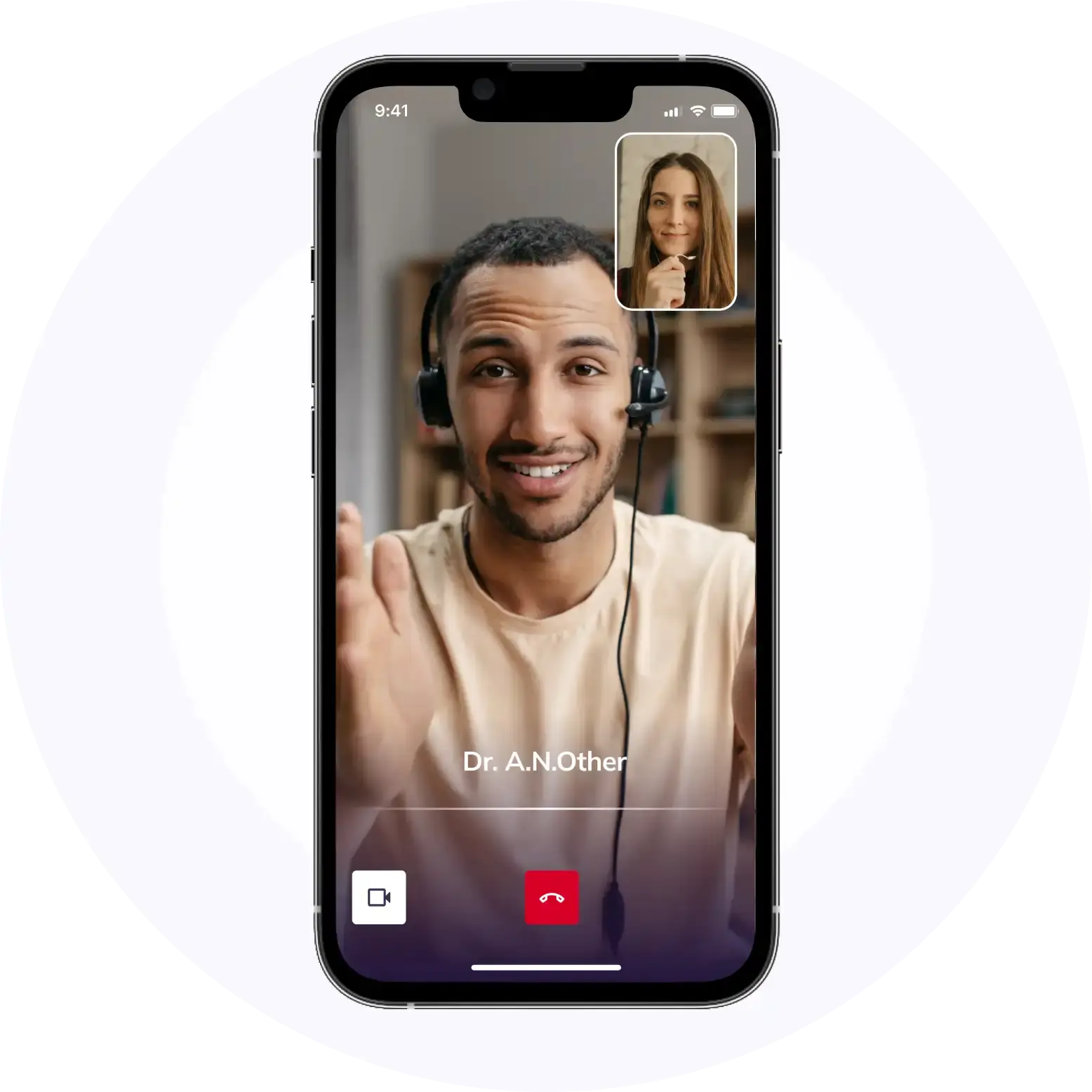
Can I trust NowPatient
Meet our medical team
We are a passionate group of clinicians and medical writers covering a broad range of specialities with experience operating in health systems in the United Kingdom & United States. Providing excellent care and advice is at the heart of everything we do. You can read more about our medical team by visiting the medical team page or learn more about how we curate content by visiting our editorial process
